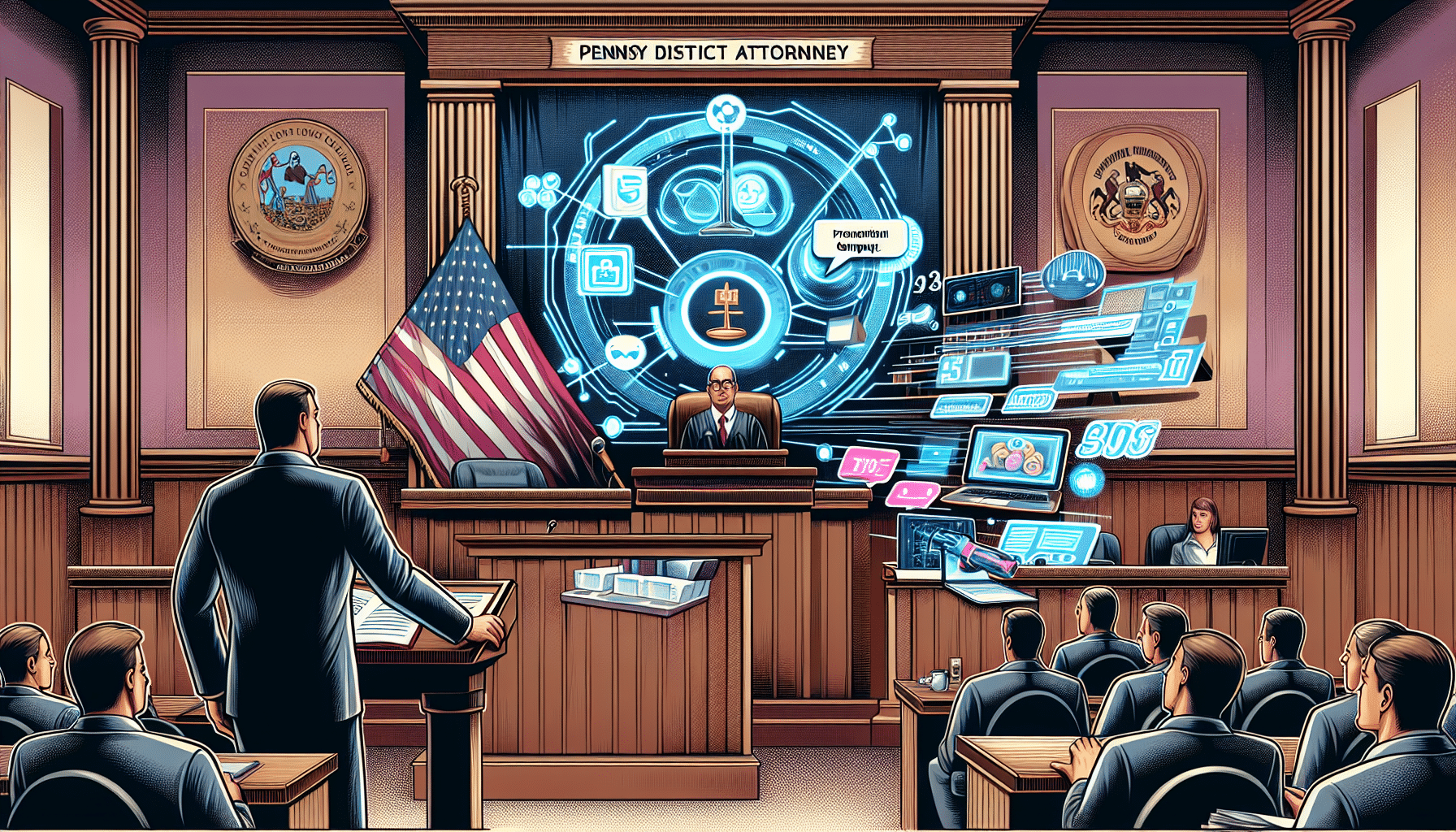In a turn of events that merges the worlds of technology and civic duty, Pennsylvania’s District Attorney has taken legal steps against Elon Musk. The controversy arises from an innovative, yet legally questionable, approach Musk has taken to encourage voter participation—a lottery specifically aimed at voters. The issue has garnered attention due to its potential to influence voting behavior, prompting the DA’s intervention amid concerns about its legality and ethical implications.
The Legal Concerns Surrounding Musk’s Voter Lottery
Elon Musk, with his penchant for disrupting traditional norms, has set his sights on voter engagement through a novel lottery scheme. While this initiative may have noble intentions of enhancing democratic participation, serious legal concerns have surfaced. The primary keyword throughout this discourse, “voter lottery scheme,” has been a dominant theme due to its controversial nature.
Pennsylvania laws, along with federal regulations, strictly prohibit any form of material incentive explicitly tied to voting. This is to ensure that elections remain free from undue influence or manipulation. As the legal proceedings unfold, the lawsuit highlights key legal terms—such as “voting inducement” and “illegal lottery”—that are central to the case against Musk’s initiative. Details of these laws can be further explored through sources like the official Justia explanation on election law.
The Role of Social Media and Technology in Modern Voting
Musk’s venture into voter lotteries underscores the influential role of social media platforms and technology in shaping modern civic engagement. Platforms like Twitter, now rebranded as X, which Musk himself owns, have become arenas for political discussions and campaigns. This strategy highlights latent semantic indexing (LSI) keywords such as “social media influence,” “civic engagement,” and “digital platforms.”
The initiative’s dual role brings to light the benefits and pitfalls of technology in election processes. It begs the question: What role should tech magnates play in democracy? This debate is not new but it reignites whenever influential figures use their platforms for political mobilization.
Ethical Implications and Public Response
The voter lottery has not only raised legal eyebrows but also sparked ethical debates. Encouraging voter turnout is undeniably important, but methods that intertwine wealth and democratic privilege introduce ethical dilemmas. Questions about the fairness and integrity of such approaches have prompted discussions among political analysts and the public alike. The response illustrates LSI keywords such as “ethical voting practices” and “democratic values.”
Analyst John Doe from the Democracy Institute commented, “Providing material incentives like a lottery circumvents the democratic principle of voting based on civic duty and informed choice.” Such sentiments reflect a broader unease about the blurred lines between incentivization and coercion in political contexts.
Potential Consequences for Musk and Future Initiatives
If the Pennsylvania DA’s suit succeeds, the repercussions for Elon Musk and similar future endeavors could be significant. Aside from potential fines and legal penalties, this case could establish a precedent, influencing how tech moguls engage with electoral processes in the future. This also brings forward key LSI terms such as “legal precedent,” “electoral integrity,” and “tech moguls.”
The legal outcome may either act as a cautionary tale or pave the way for new interpretations of voter engagement laws. Observing these developments will be crucial for policymakers, tech giants, and civic educators who seek to balance innovation with regulation.
Conclusion: Navigating the Intersection of Innovation and Legality
The Pennsylvania legal challenge against Elon Musk’s voter lottery highlights the dichotomy of innovation and legality—a chasm often encountered in the tech industry’s push toward new frontiers. While encouraging voter participation is a goal shared across the board, the means to achieve it must align with both legal stipulations and democratic ethos.
As this legal battle unfolds, it will serve as a critical case study for companies and individuals aiming to impact the civic space. Will this venture define new boundaries for digital influence, or reiterate the importance of legal frameworks in safeguarding democratic processes? Stay informed with updates from credible sources like NPR Politics to follow this impactful narrative.
Ultimately, this case underscores how the intersection of technology and civic duty necessitates a deeper conversation about the ethical and legal landscape of modern democracy. As we watch this fascinating narrative unfold, it offers lessons on the power—and responsibility—of influence in shaping a fair and free electoral process.

